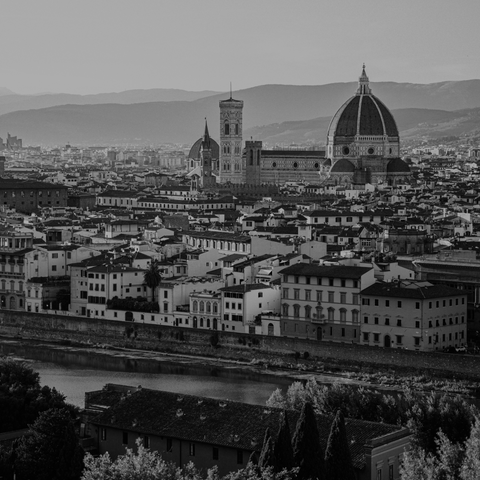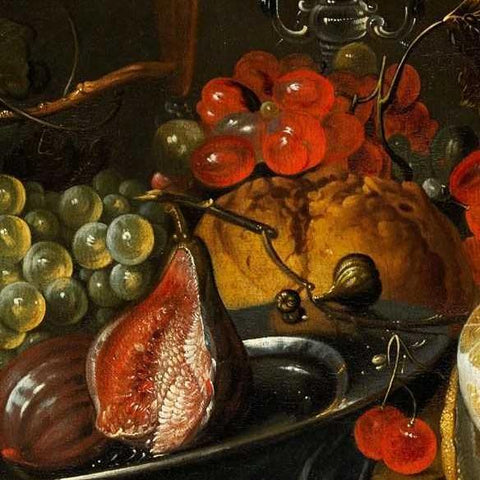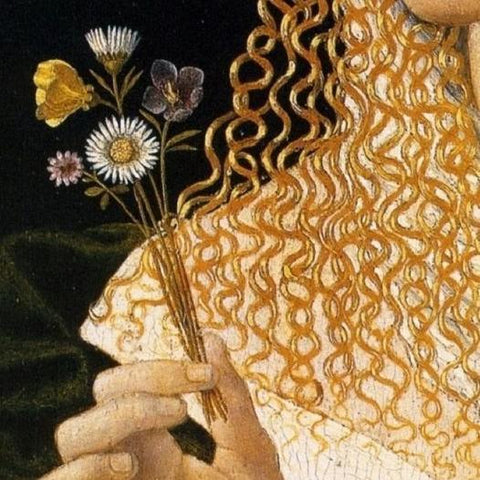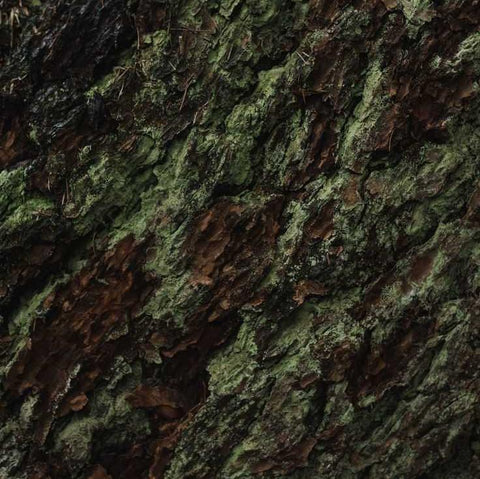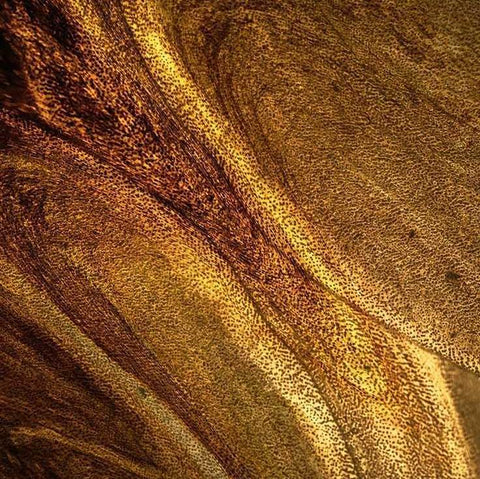Florence and the Art of Perfumery
The Florentine monks, the medici family and the alchemical approach to nature.
Alchemy, Plants and Perfumes: The Medici Herbalist's shop in Florence
The intriguing Art of Perfumery, from Florence to France
The Alchemical Heritage of Florence
